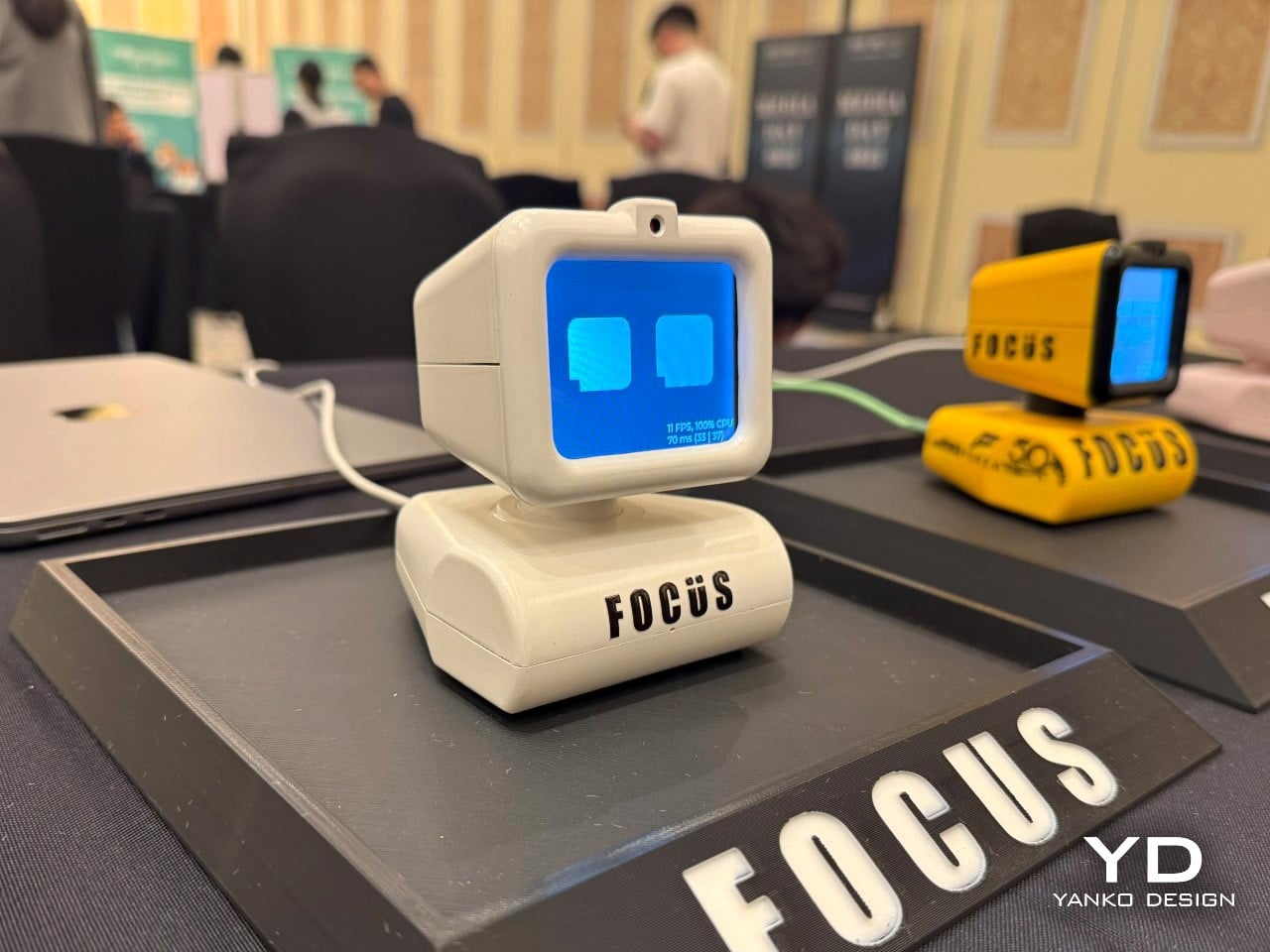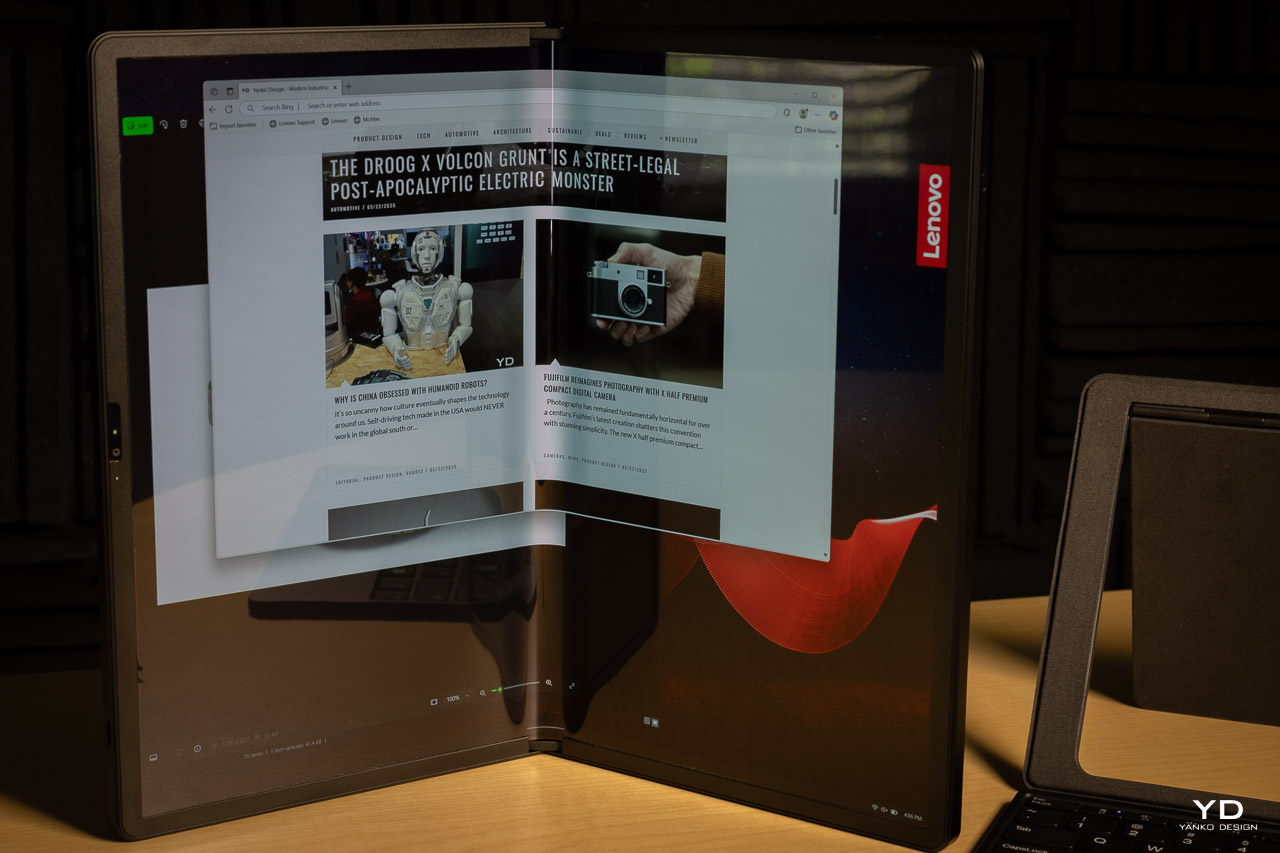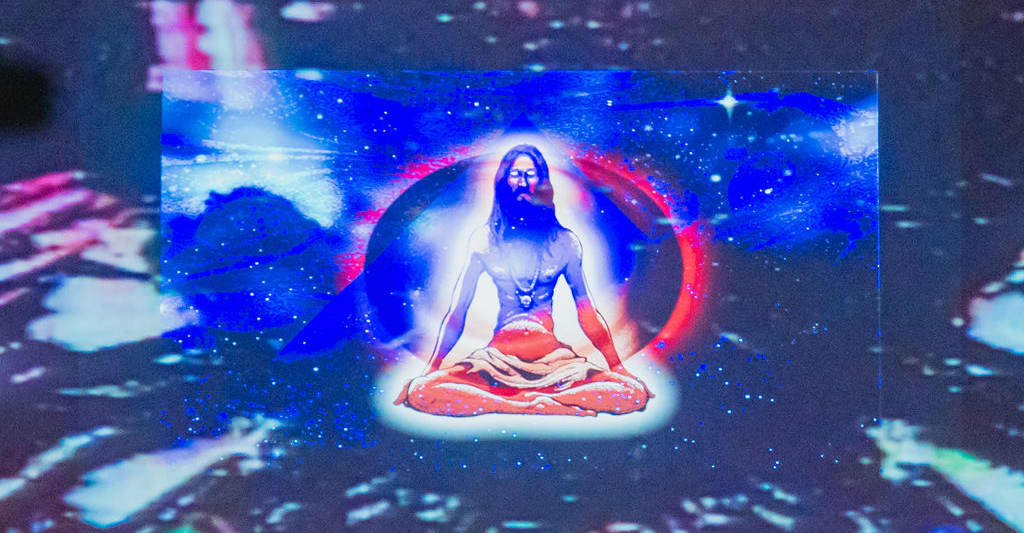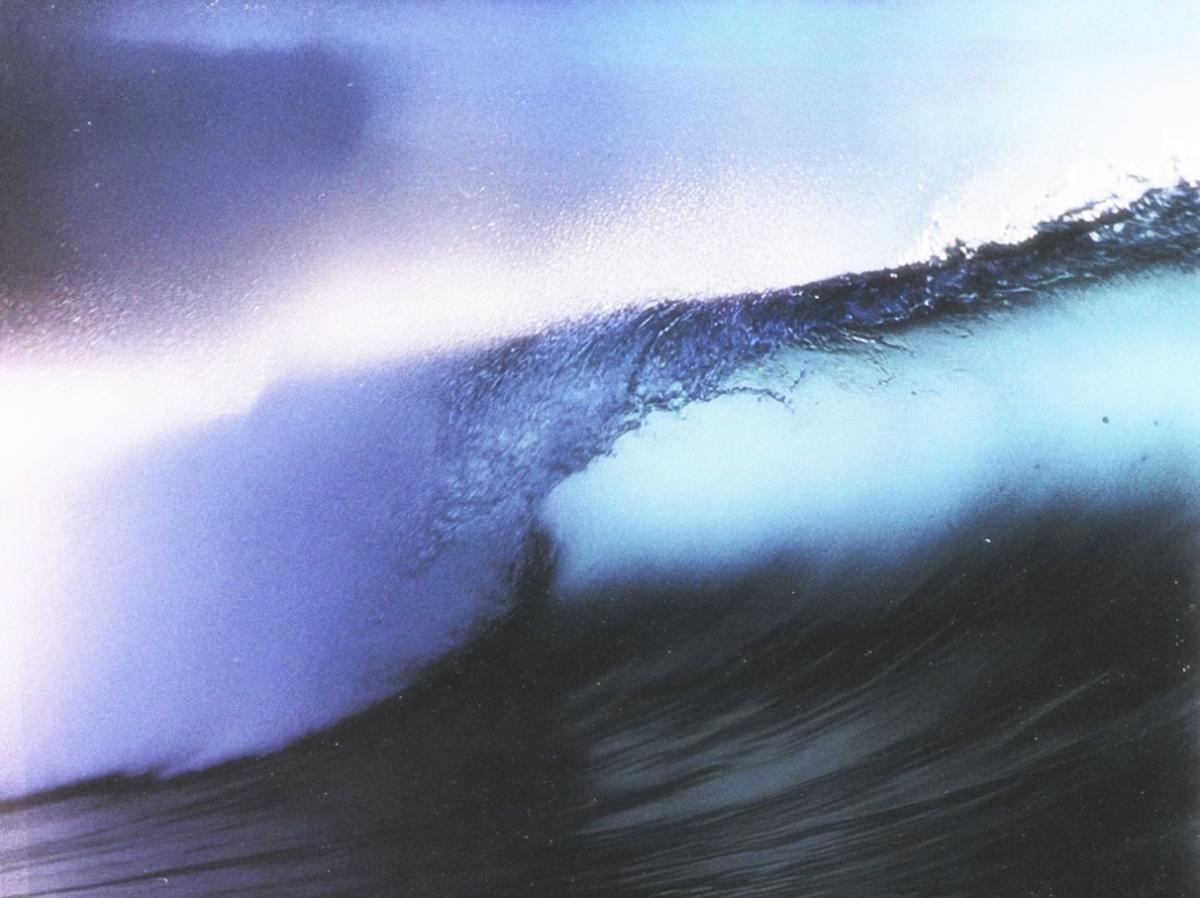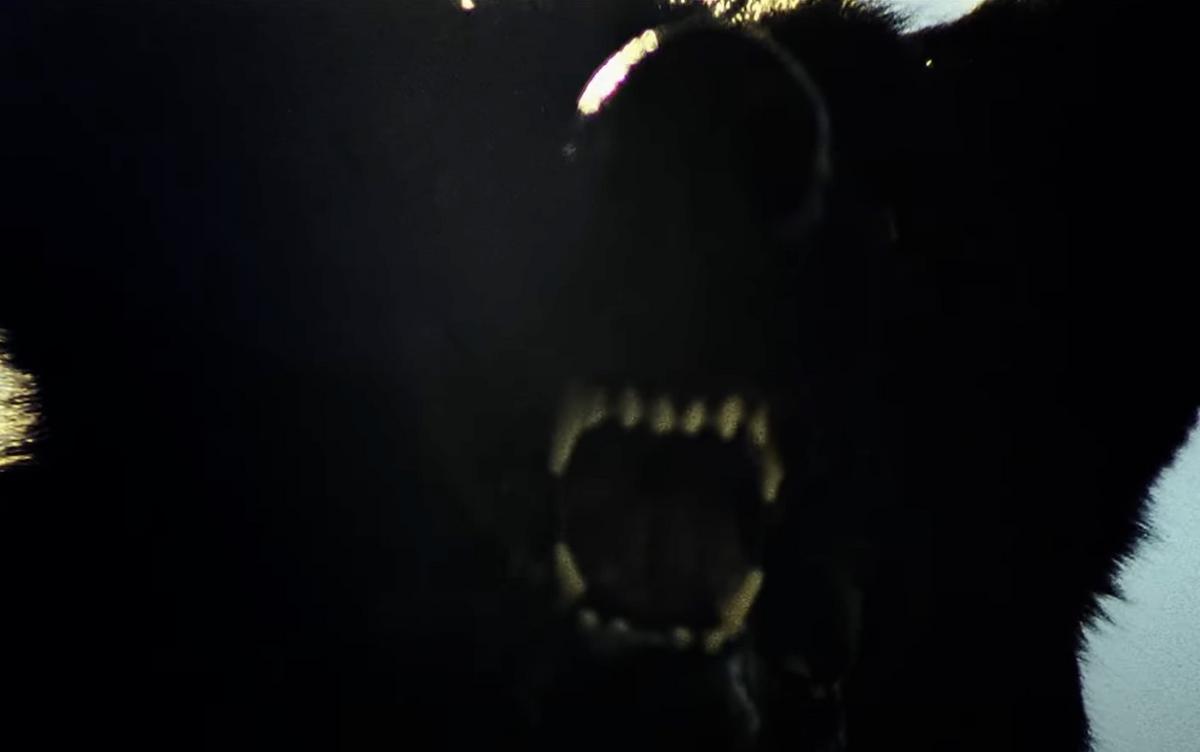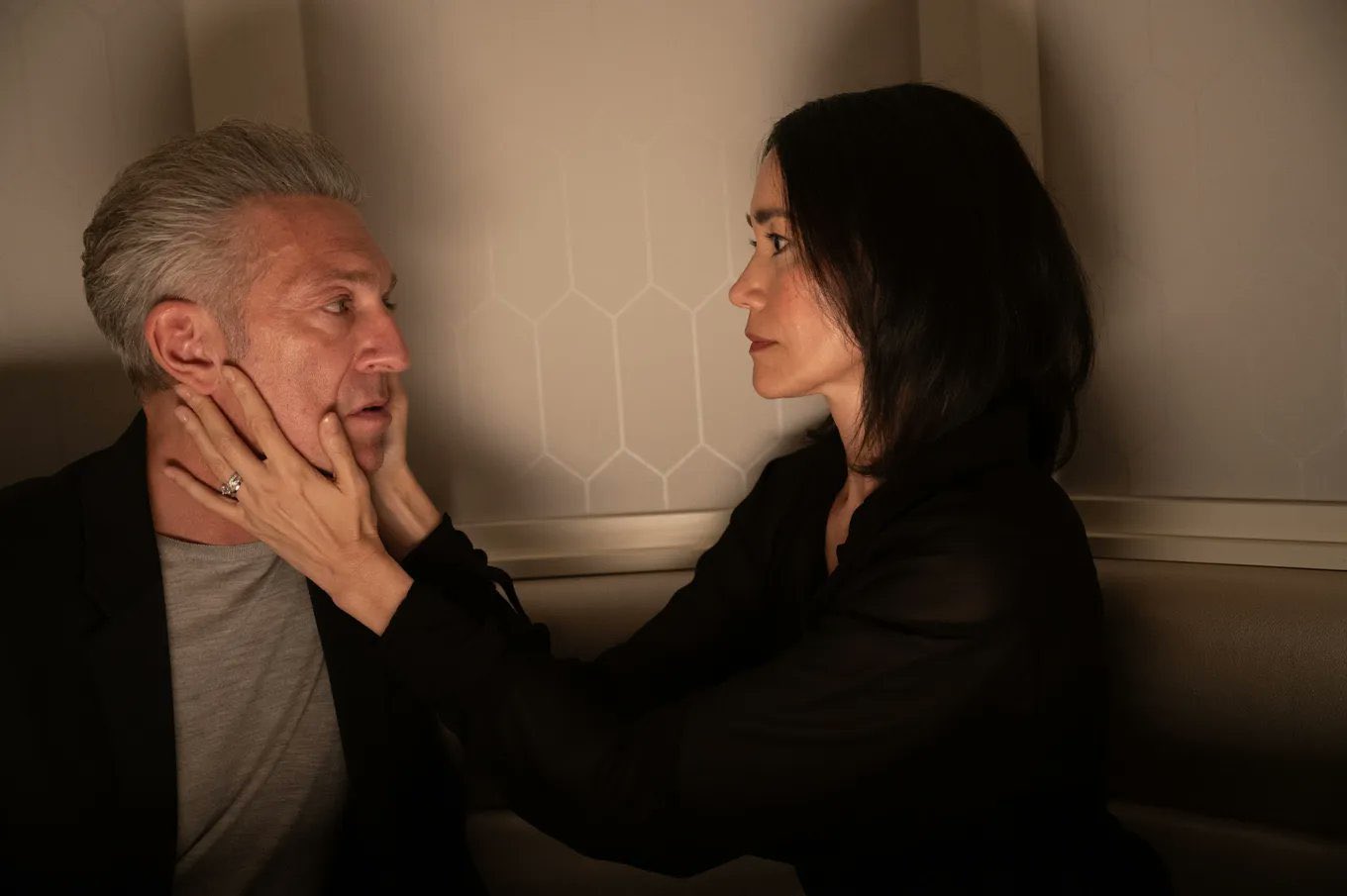Cannes Review: Alpha is a Half-Baked Misstep for Julia Ducournau
Julia Ducournau has turned 180 degrees since Titane, the gritty and bizarre thriller that Spike Lee’s Cannes jury awarded the Palme d’Or in 2021. There’s no doubt that all eyes are on her newest, Alpha, in a way they weren’t on Titane after Raw. Her first and most horrific film by a landslide (too much […] The post Cannes Review: Alpha is a Half-Baked Misstep for Julia Ducournau first appeared on The Film Stage.
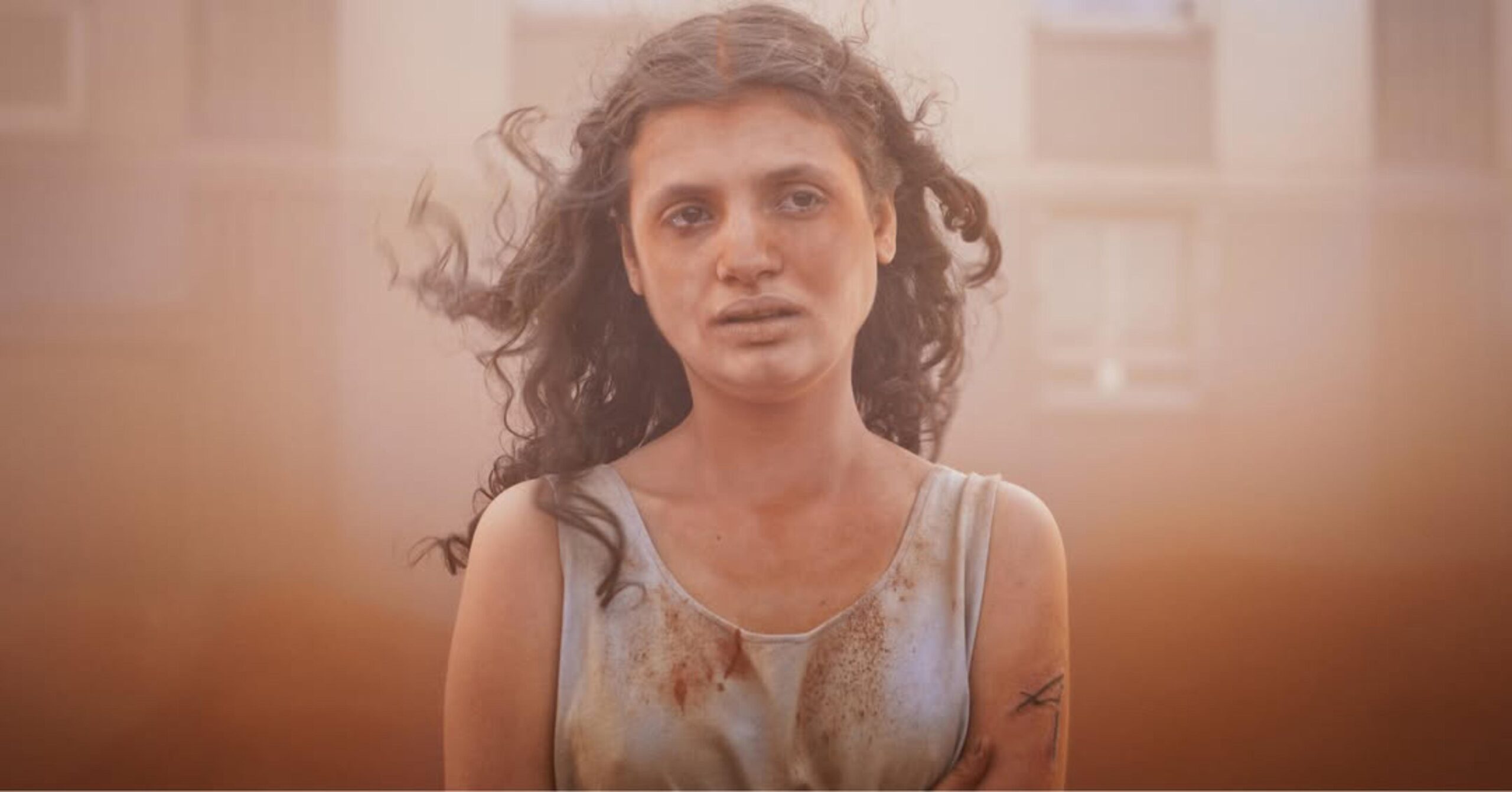
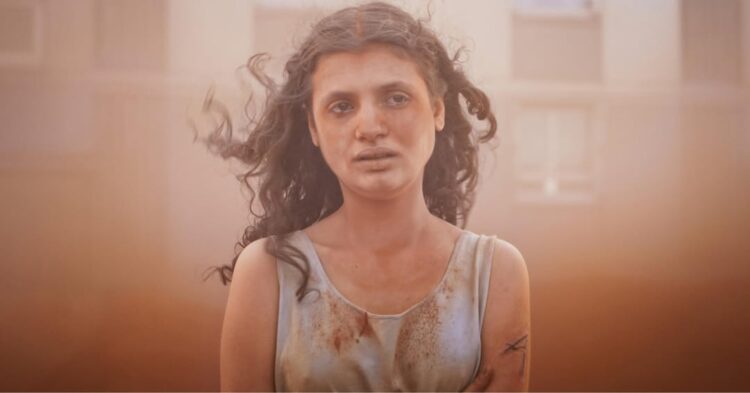
Julia Ducournau has turned 180 degrees since Titane, the gritty and bizarre thriller that Spike Lee’s Cannes jury awarded the Palme d’Or in 2021. There’s no doubt that all eyes are on her newest, Alpha, in a way they weren’t on Titane after Raw. Her first and most horrific film by a landslide (too much to ever gain a wide audience) was a cannibal movie about a teen girl starting veterinary school. Here, no bodies are eaten or impregnated by a fire-hood car. But almost everyone’s is crumbling.
Zoomed-out, this coming-of-age story explores 13-year-old Alpha (Mélissa Boros), her doctor mother (Golshifteh Farahani), the real-world horrors of the AIDS epidemic in the 1980s, and the pulpy disasters that follow Alpha’s use of a potentially infected needle for a house-party tattoo. The dusty parallel world Ducournau has fashioned is just real enough to be ours and just fantastical enough to be a movie’s. But by virtually setting it during that epidemic––by trying to recreate the sense of injustice and resource suffocation that defined it––Ducournau delivers something too dark and dismal to ever grab onto.
We watch Alpha sustain mysterious injury after mysterious injury, often around friends, and there persists the question of whether or not her body is infected from the needle. It’s an uncertainty of oppressive weight, one impossible for her mother to accept in light of losses this disease has already placed on her as a doctor. Such professional experiences have made her a helicopter mom, to say the least; it’s worth noting that The Adventures of Baron Munchausen gets some screentime.
Most of the things worth talking about in Alpha––the presence and marbleization of Alpha’s junkie uncle Amin (Tahar Rahim in a visceral, Denis Lavant-esque performance), who comes and goes with a frustrating (in)consistency; a sense of time travel through the ’80s and decades surrounding it; the rich, red silt that casts fiery orange dust storms which swallow the city––are too coded with spoilers to remark upon. It’s also too half-baked (or overthought) to unpack with confidence.
Jim Williams’ score is notable for how unwoven into the film it is––its lowest moments can disqualify entire scenes––much like an outdated Tame Impala cue that will appear later. Ruben Impens’ cinematography doesn’t help by framing Ducournau’s narrative with such little depth. This is the rare case of computer-generated images rendering drama mildly memorable; they look so expensive that one can’t help wondering if too much of the budget was allocated to exhibiting these shots so impressively.
Third-act, CGI-assisted footage of the red storms is breathtaking, as is an opening sequence in which the title card cracks out of dry earth and the camera, à la Uncut Gems, travels through the wormhole of those cracks to emerge from the wound of a patient. Alpha‘s marbling, AIDS-infected people are seamless blends of human flesh and swirled Italian stone––the fine, bone-colored kind they hunt down in The Brutalist.
The infected and dying range from near-total-rock to only beginning to harden, the variation of carnal cracks and avalanches giving new, beautiful imagery to the concept of body horror––the kind one might find in a museum. But envisioning them as both suffering and too gorgeous to look away from is the only masterstroke Ducournau brings to the table here.
Color tells the story of Alpha more than any dialogue or character development. While such a strength would typically heighten a film, Ducournau overestimates her audience’s ability to sustain disbelief and boredom. The ice-blue skin tones, for example, just look like amateur color work––perhaps even an issue created by poor lighting––until you realize why they aren’t amateur. Then you start seeing how the skin tones illuminate elements of what’s transpiring.
Film is a feel-first medium, however, and by that point it doesn’t matter how cool, crafty, or thematically harmonious the color-grading is. If the story being colored is relatively inert––the grading itself too dull and dark to engage without context––any intended sensations aren’t going to register. Alpha is all flat frames and bland palettes, a creatively stifling choice that should have been a red flag for Ducournau and her team.
One film too late for a sophomore slump, Alpha feeds on its own potential, turning a possibly brilliant collection of ideas into one so muddy it’s hard to say exactly what any of them connote. But the feeling of having to trudge through is there all the same, and over two hours is a long trudge. Ducournau clearly believes in what she’s doing; in such sense, Alpha must be a swing for the fences.
But a director’s hardest task is visualizing their most complex thoughts into an artistically satisfying form––to communicate their imagination to everyone making the film so it can come together to create the intended experience for an audience, to engage them in what’s happening onscreen. In communication and engagement, Ducournau misses the boat. Or she is the boat and can’t dock it––still out at sea, too far for any of us to make out what she’s signing.
Alpha premiered at the 2025 Cannes Film Festival and will be released this October by NEON.
The post Cannes Review: Alpha is a Half-Baked Misstep for Julia Ducournau first appeared on The Film Stage.




![Kick Your Way Out of Hell in ‘Kick’n Hell’ on July 21 [Trailer]](https://bloody-disgusting.com/wp-content/uploads/2025/05/kicknhell.jpg)














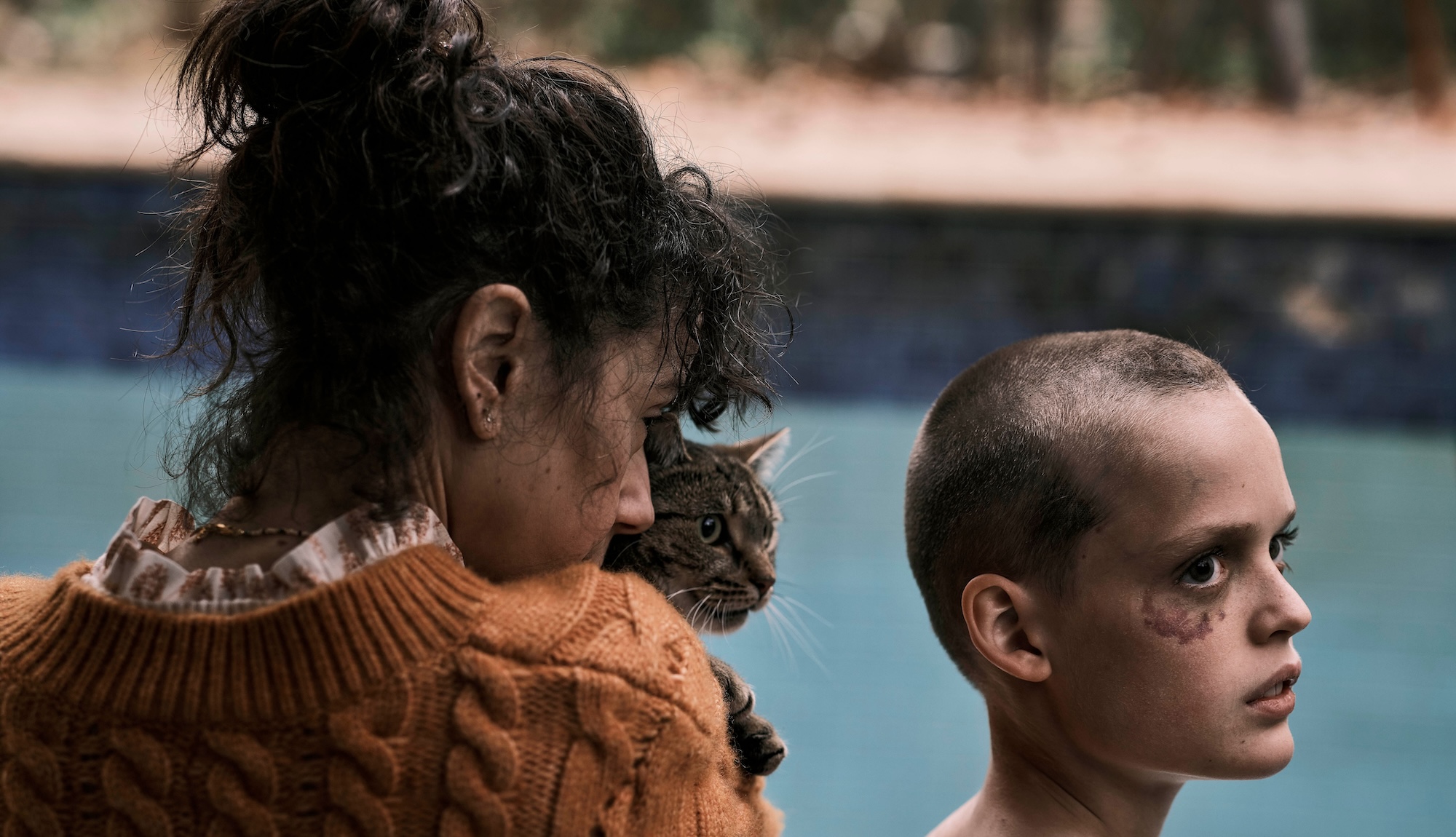






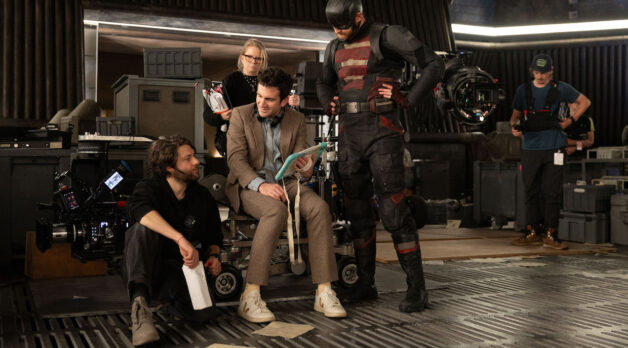

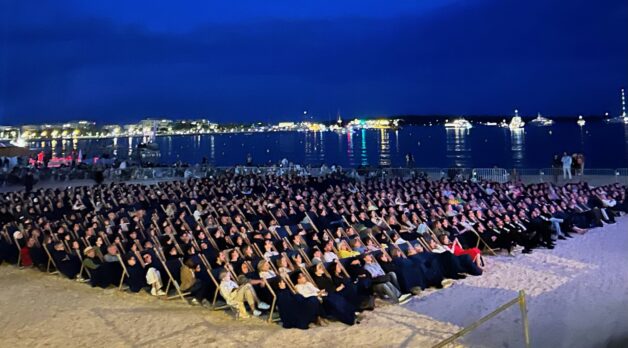






















![Love and Politics [THE RUSSIA HOUSE & HAVANA]](https://jonathanrosenbaum.net/wp-content/uploads/2011/12/therussiahouse-big-300x239.jpg)


![The Screed We Need [FAHRENHEIT 9/11]](https://jonathanrosenbaum.net/wp-content/uploads/2011/11/fahrenheit_9-11_collage.jpg)






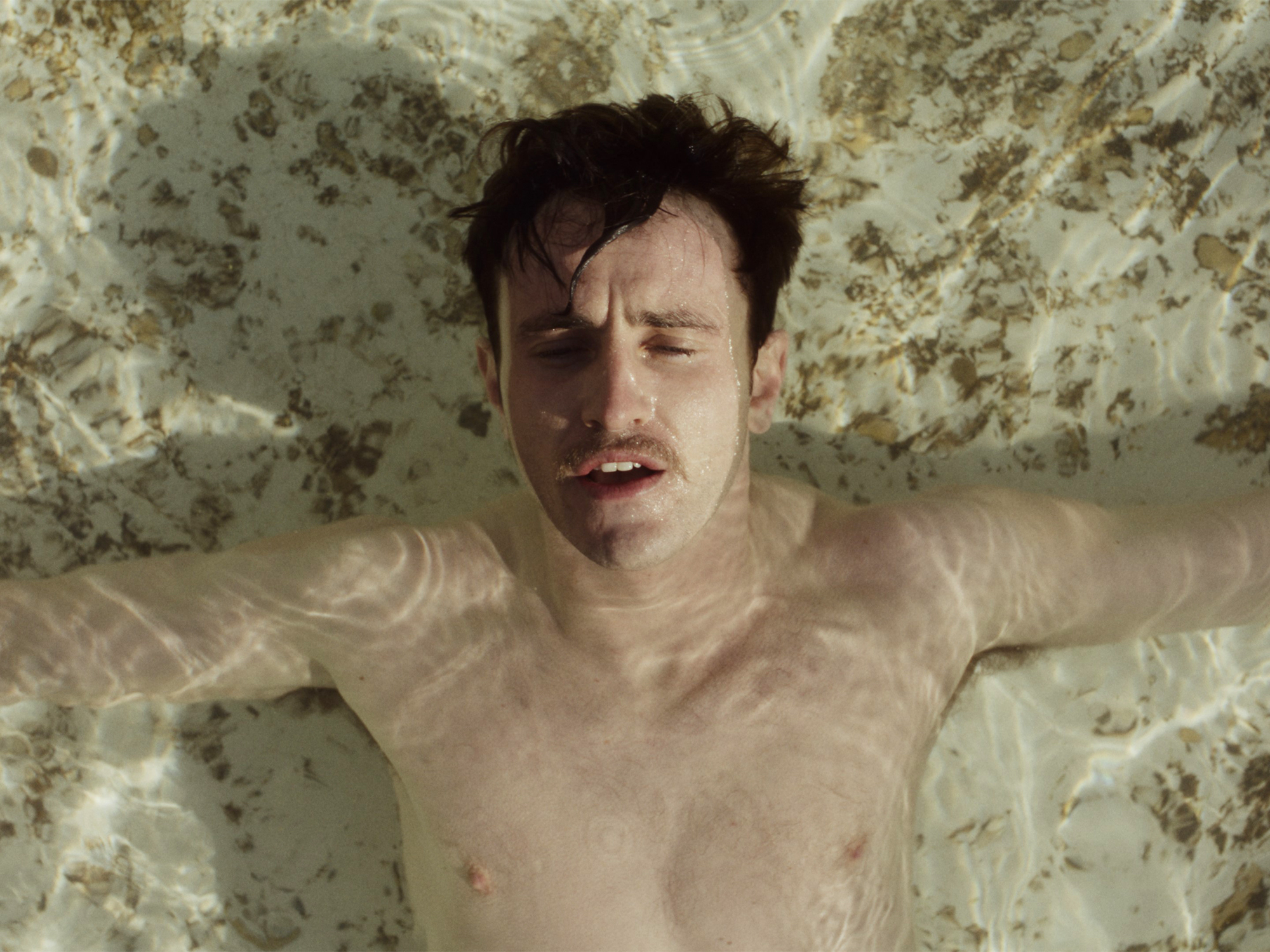









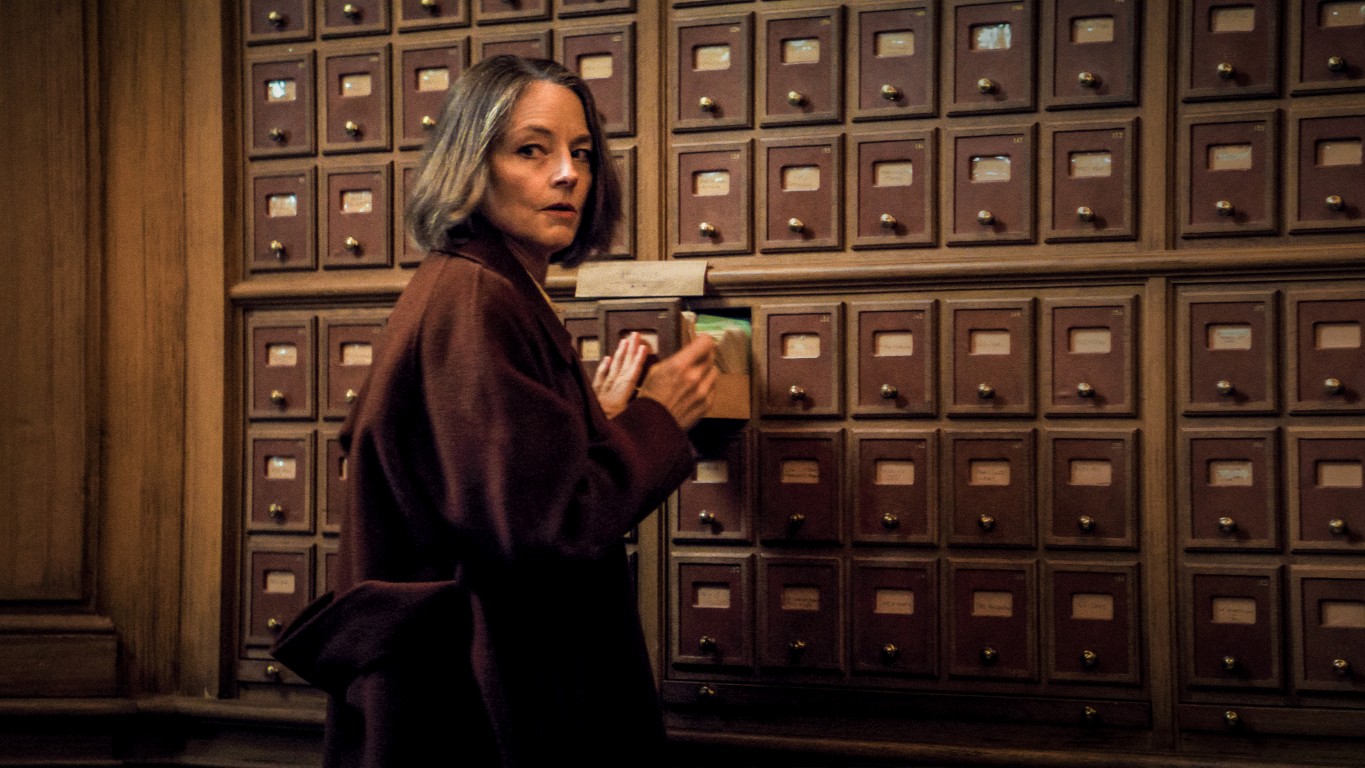







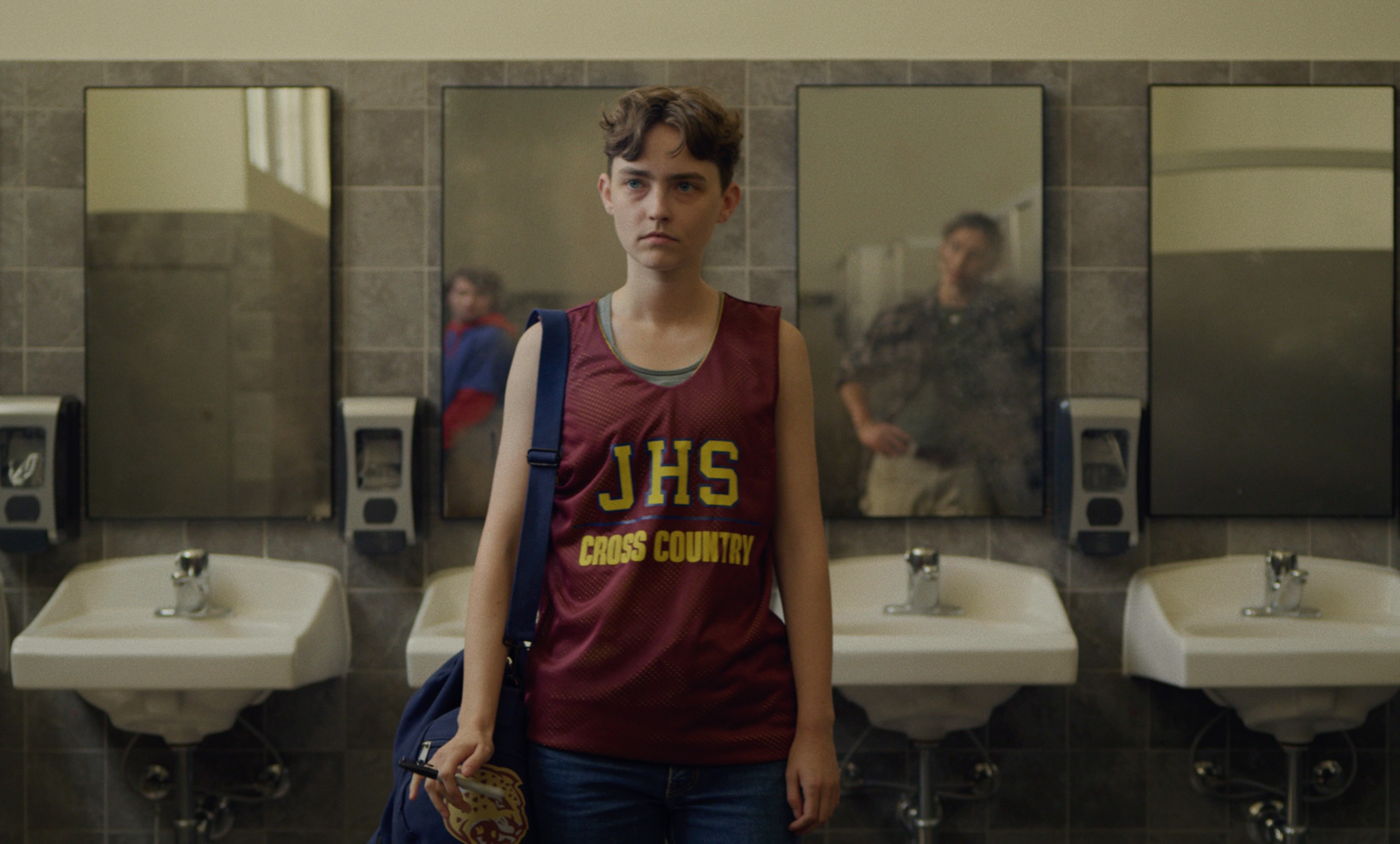


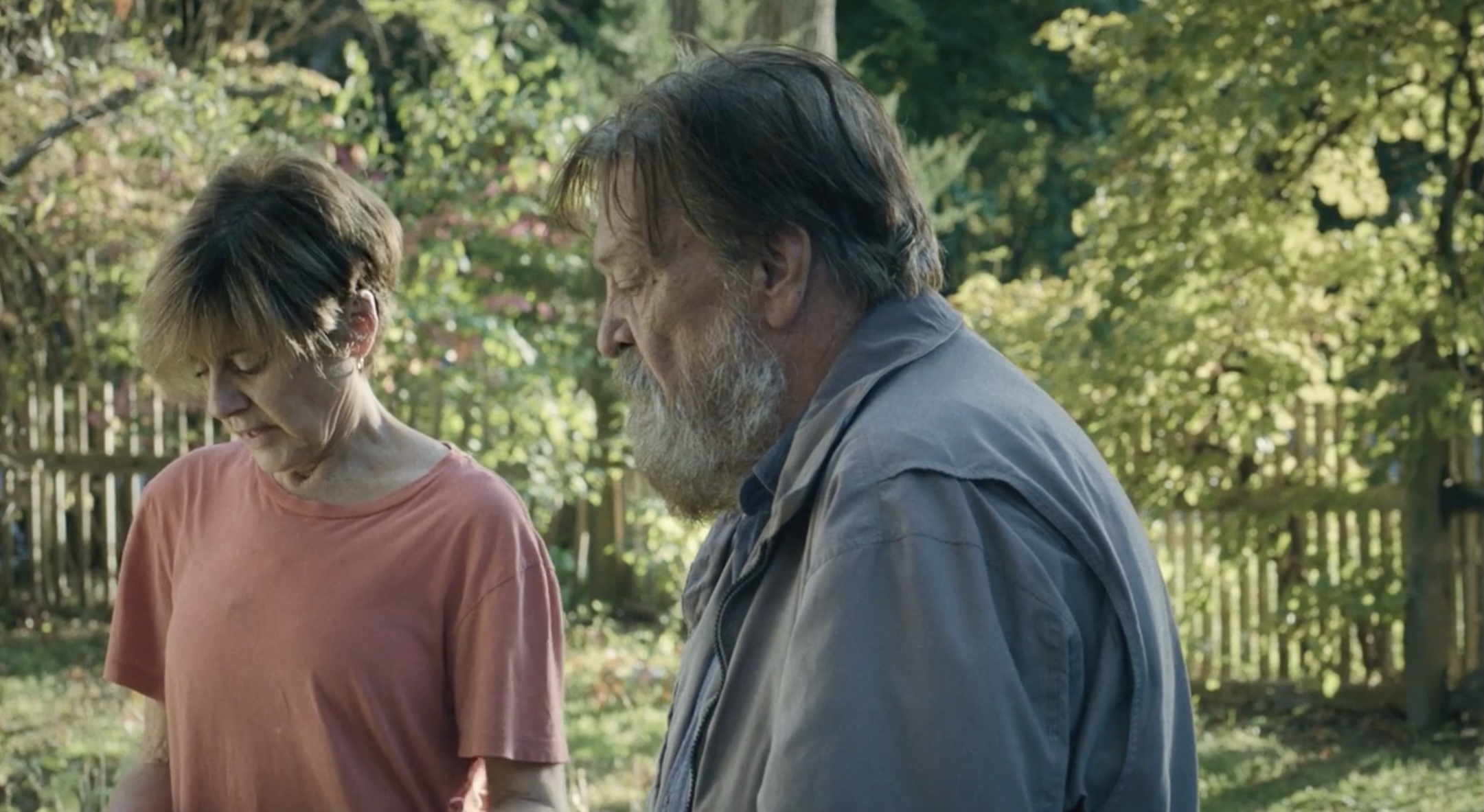

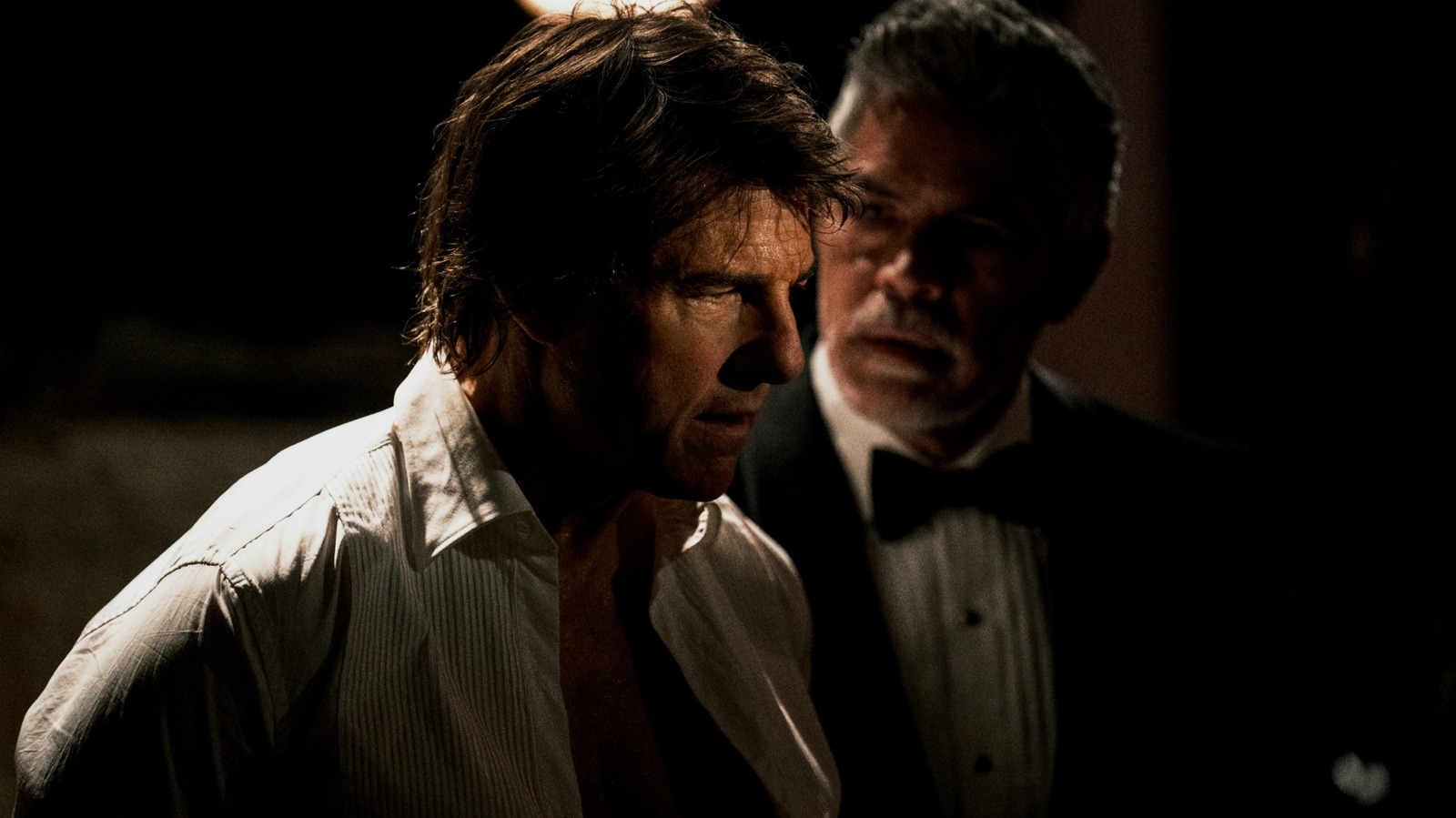
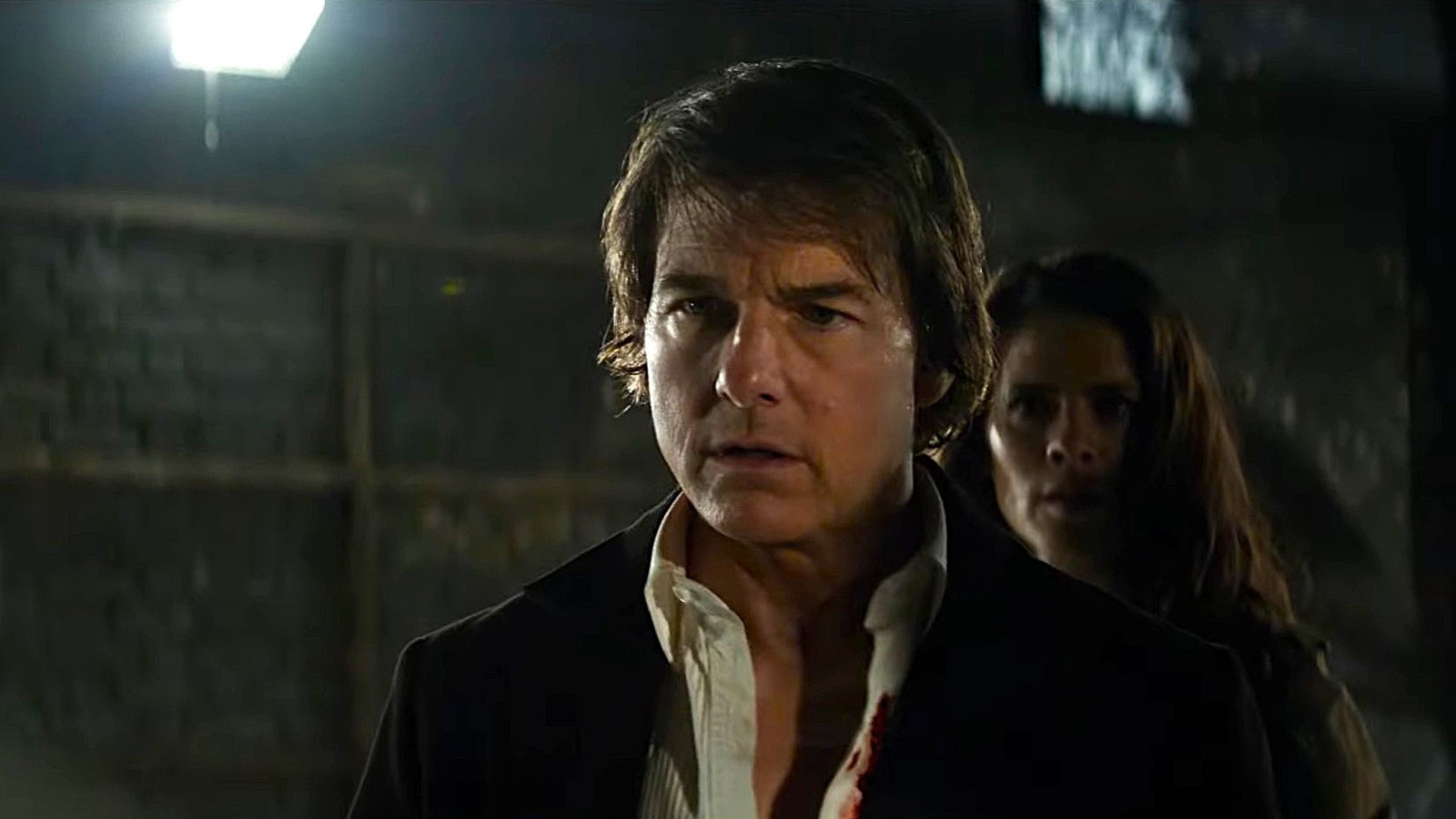







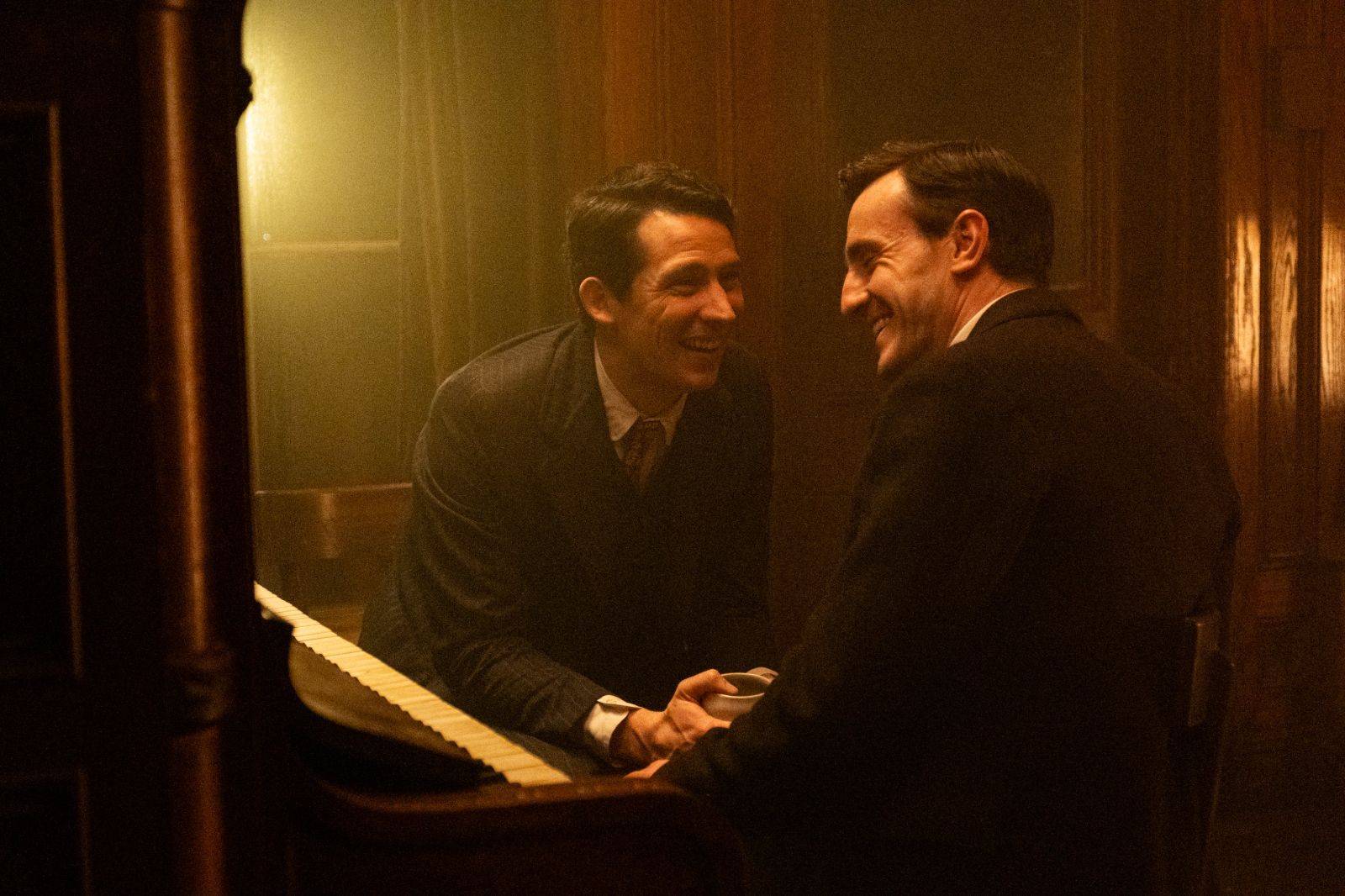




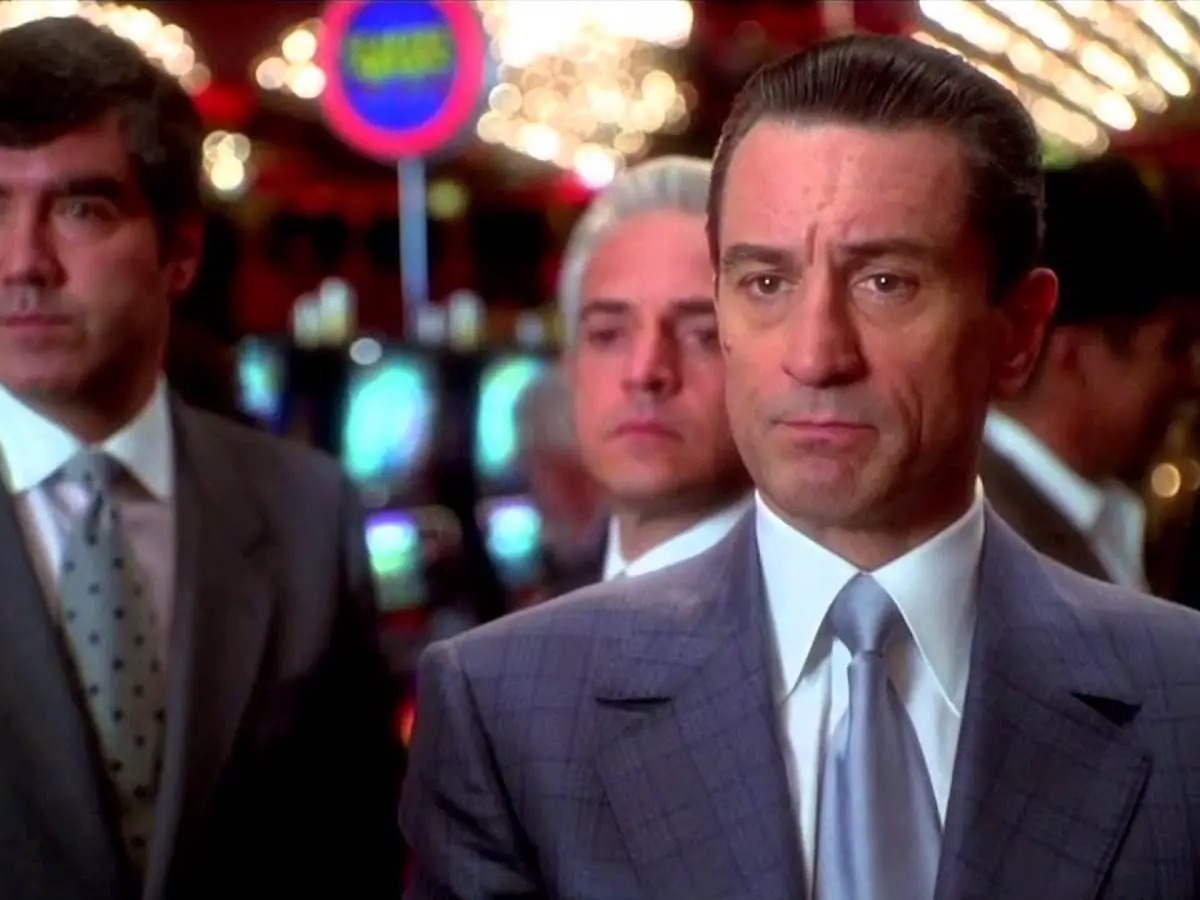
![‘The Studio’: Co-Creator Alex Gregory Talks Hollywood Satire, Seth Rogen’s Pratfalls, Scorsese’s Secret Comedy Genius, & More [Bingeworthy Podcast]](https://cdn.theplaylist.net/wp-content/uploads/2025/05/22130104/The_Studio_Photo_010705.jpg)

![‘Romeria’ Review: Carla Simón’s Poetic Portrait Of A Family Trying To Forget [Cannes]](https://cdn.theplaylist.net/wp-content/uploads/2025/05/22133432/Romeria2.jpg)
![‘Resurrection’ Review: Bi Gan’s Sci-Fi Epic Is A Wondrous & Expansive Dream Of Pure Cinema [Cannes]](https://cdn.theplaylist.net/wp-content/uploads/2025/05/22162152/KUANG-YE-SHI-DAI-BI-Gan-Resurrection.jpg)
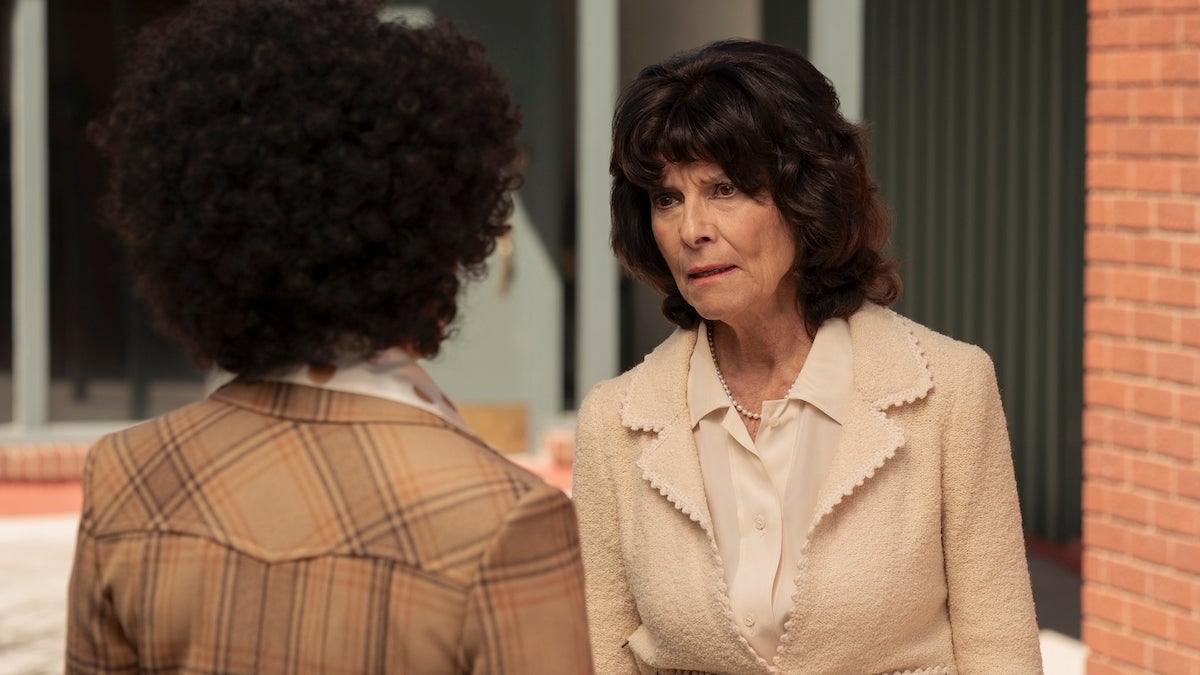
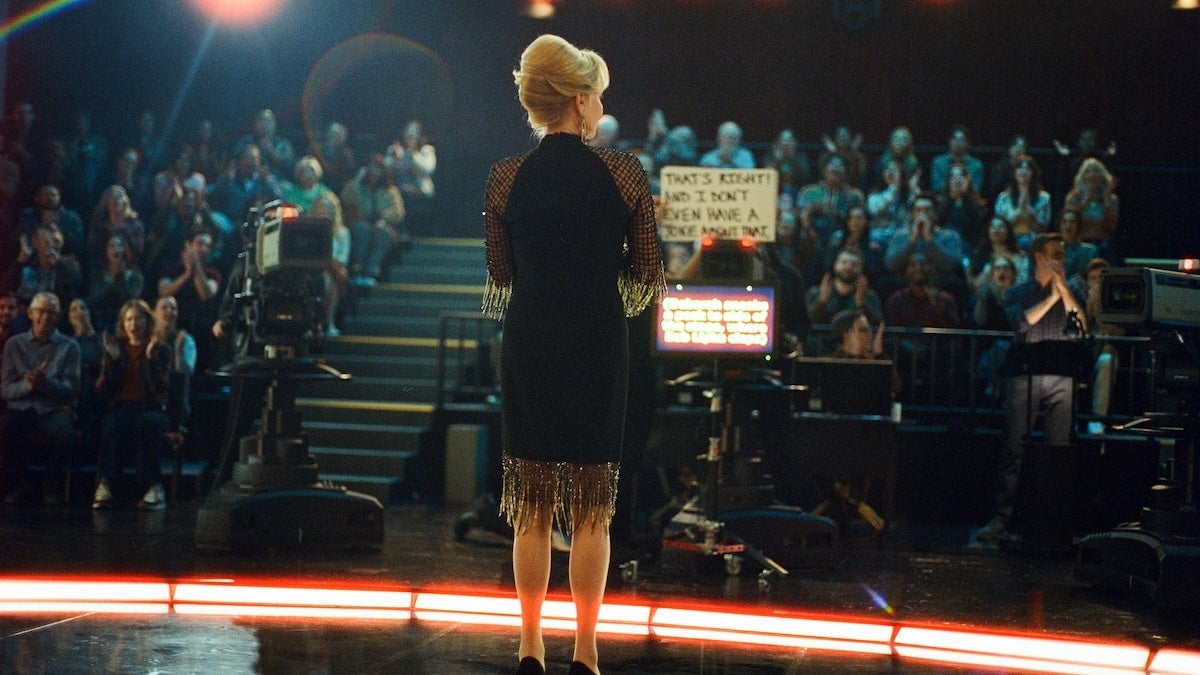
































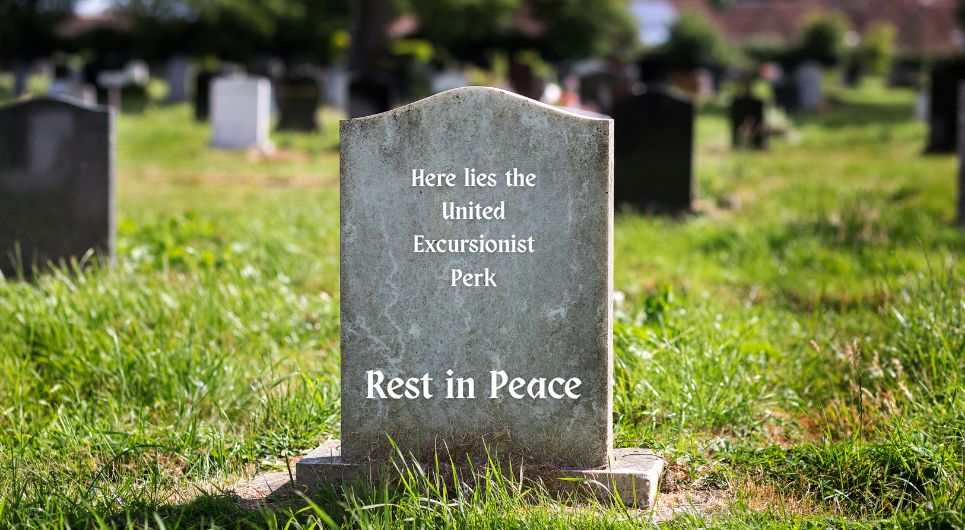
























































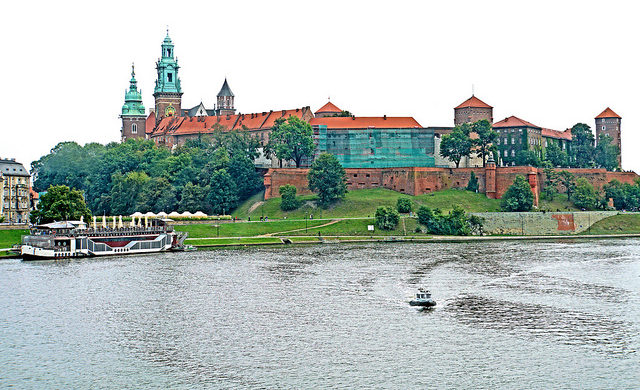


























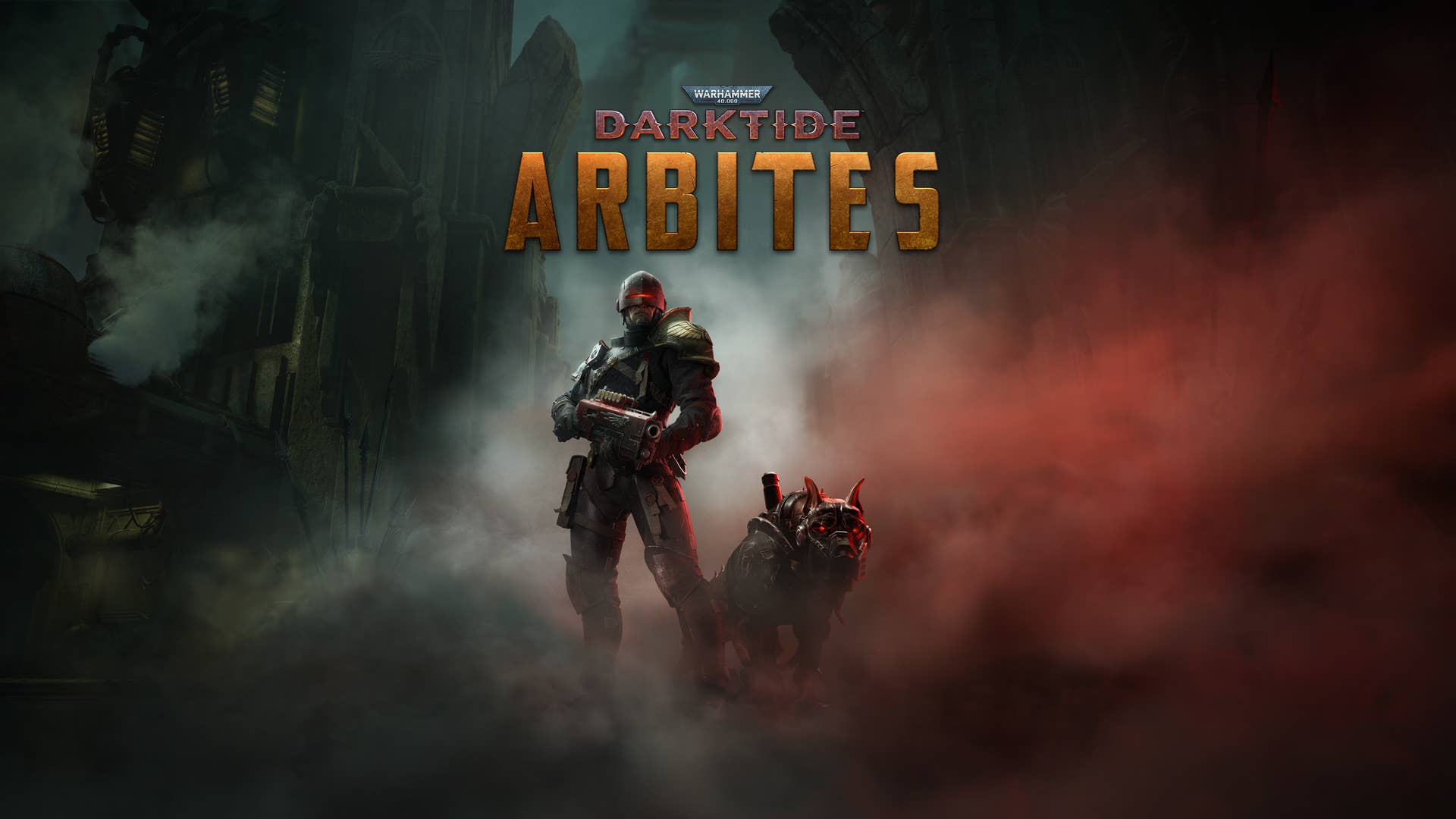

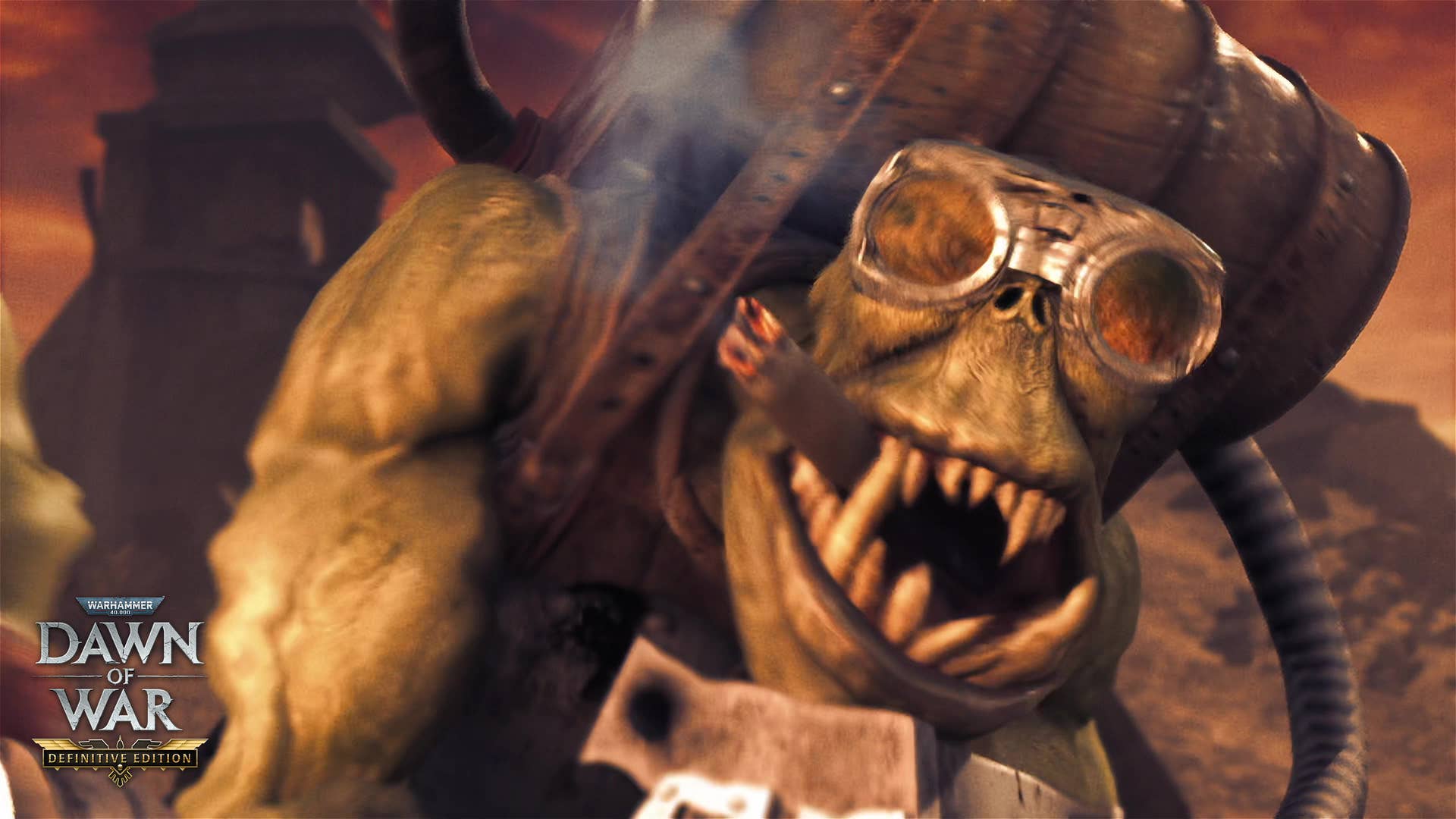






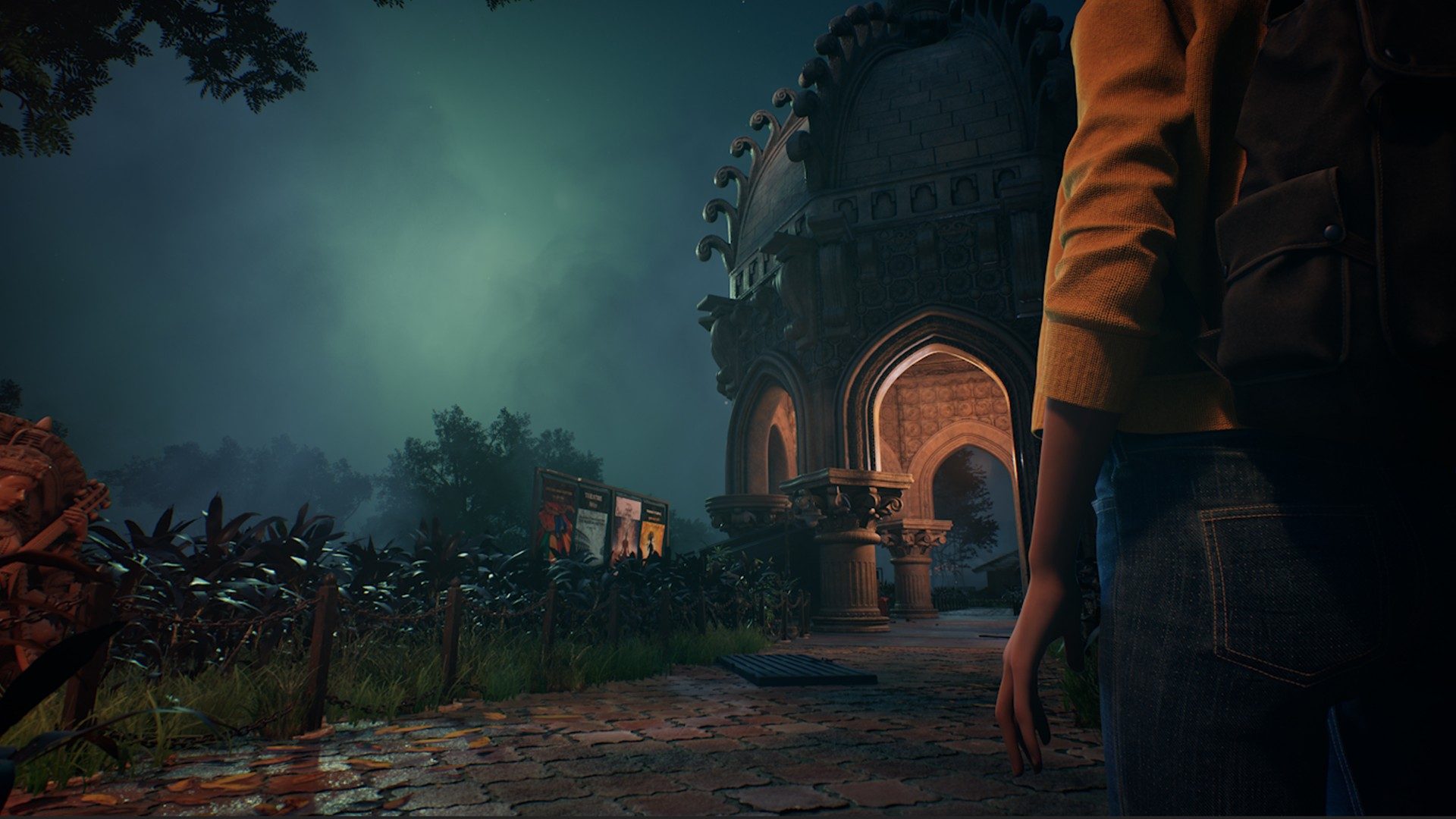







.jpg?#)

.png?#)








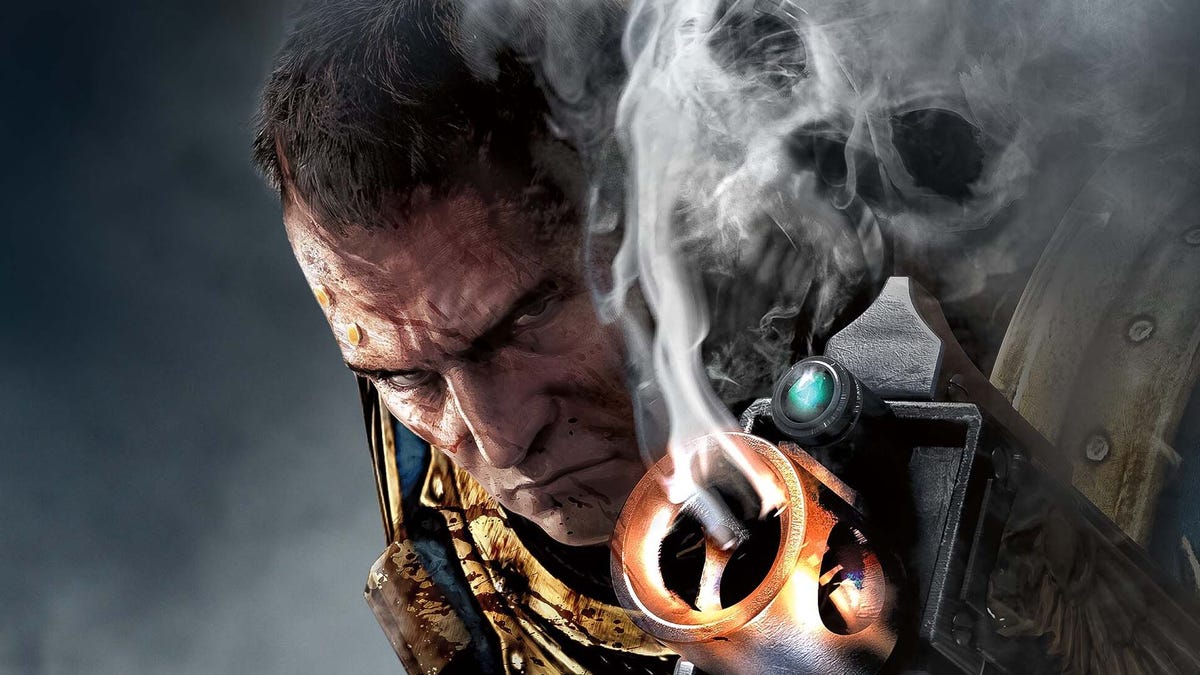
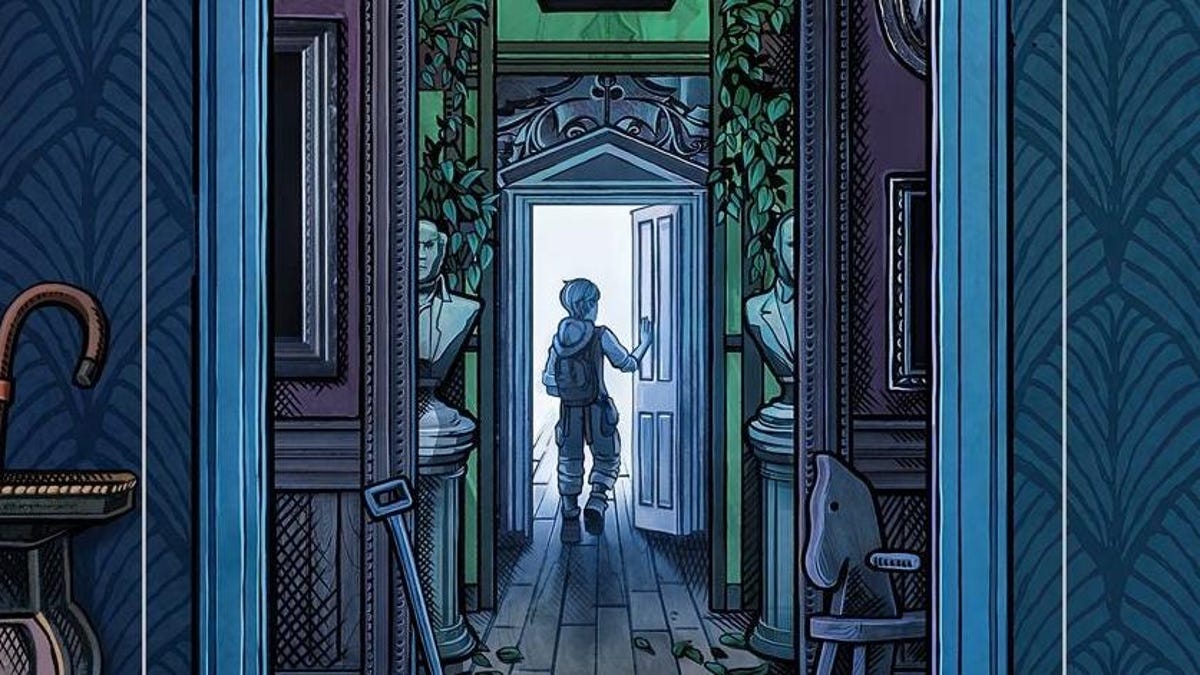







































































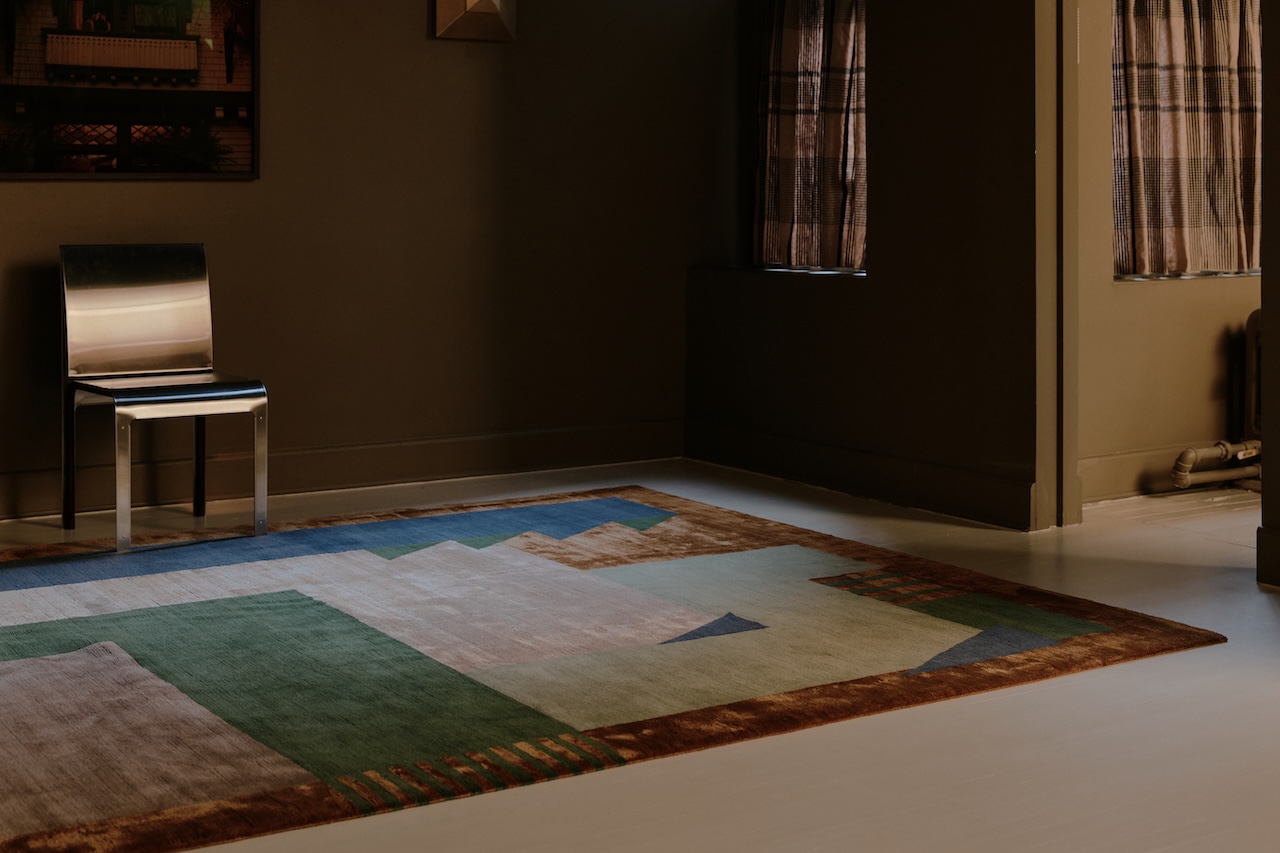

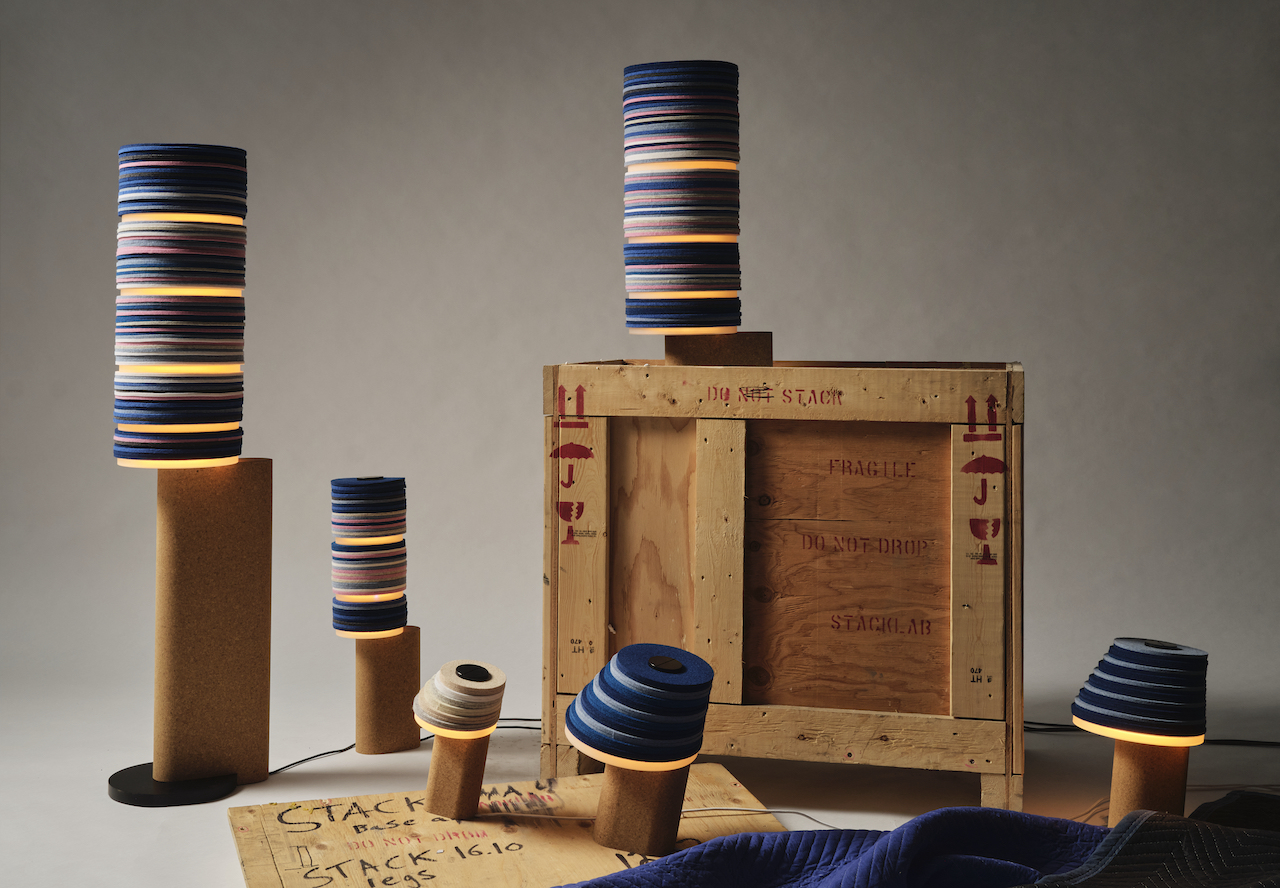












































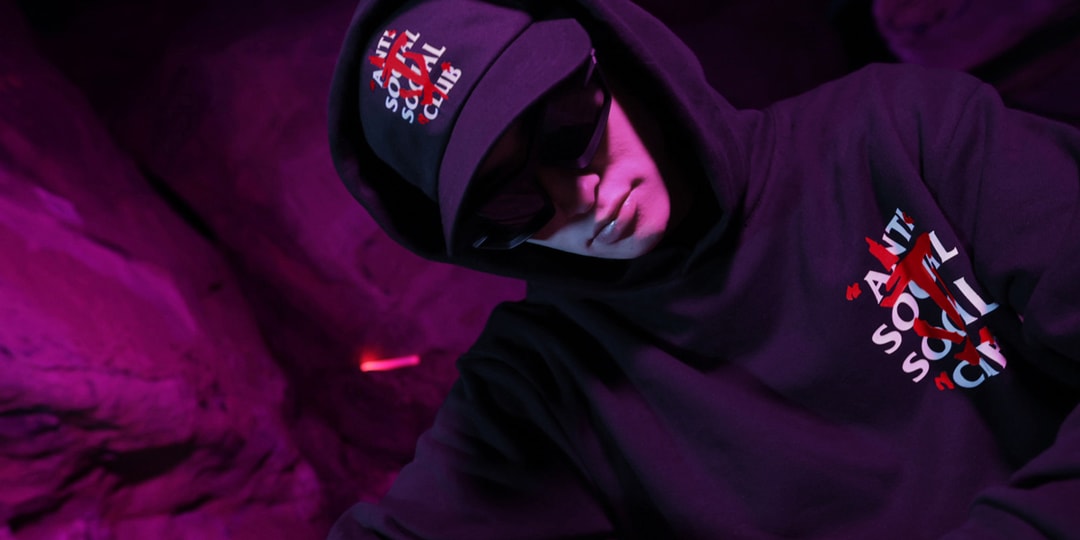


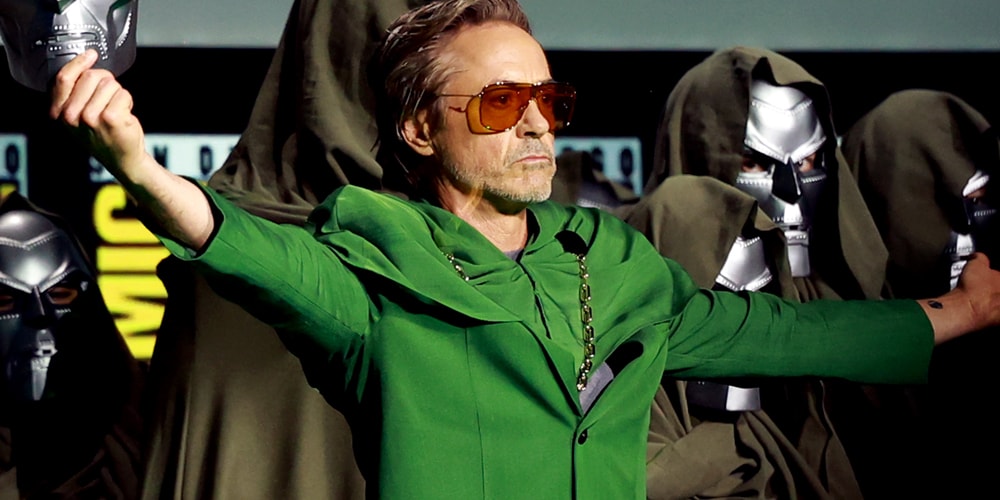

![[Podcast] Making Brands Relevant: How to Connect Culture, Creativity & Commerce with Cyril Louis](https://justcreative.com/wp-content/uploads/2025/05/cyril-lewis-podcast-29.png)
















































